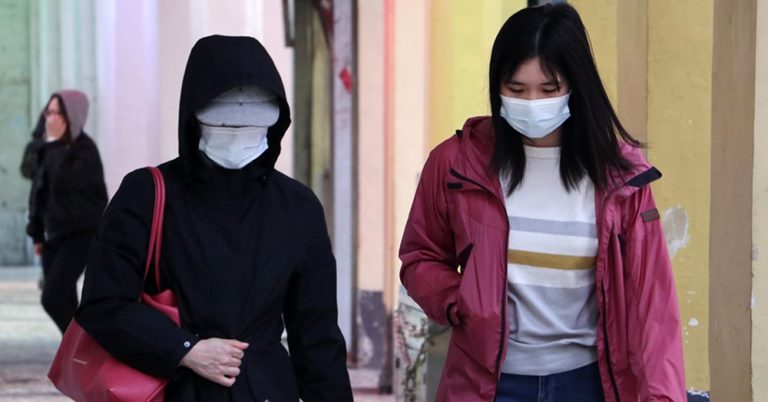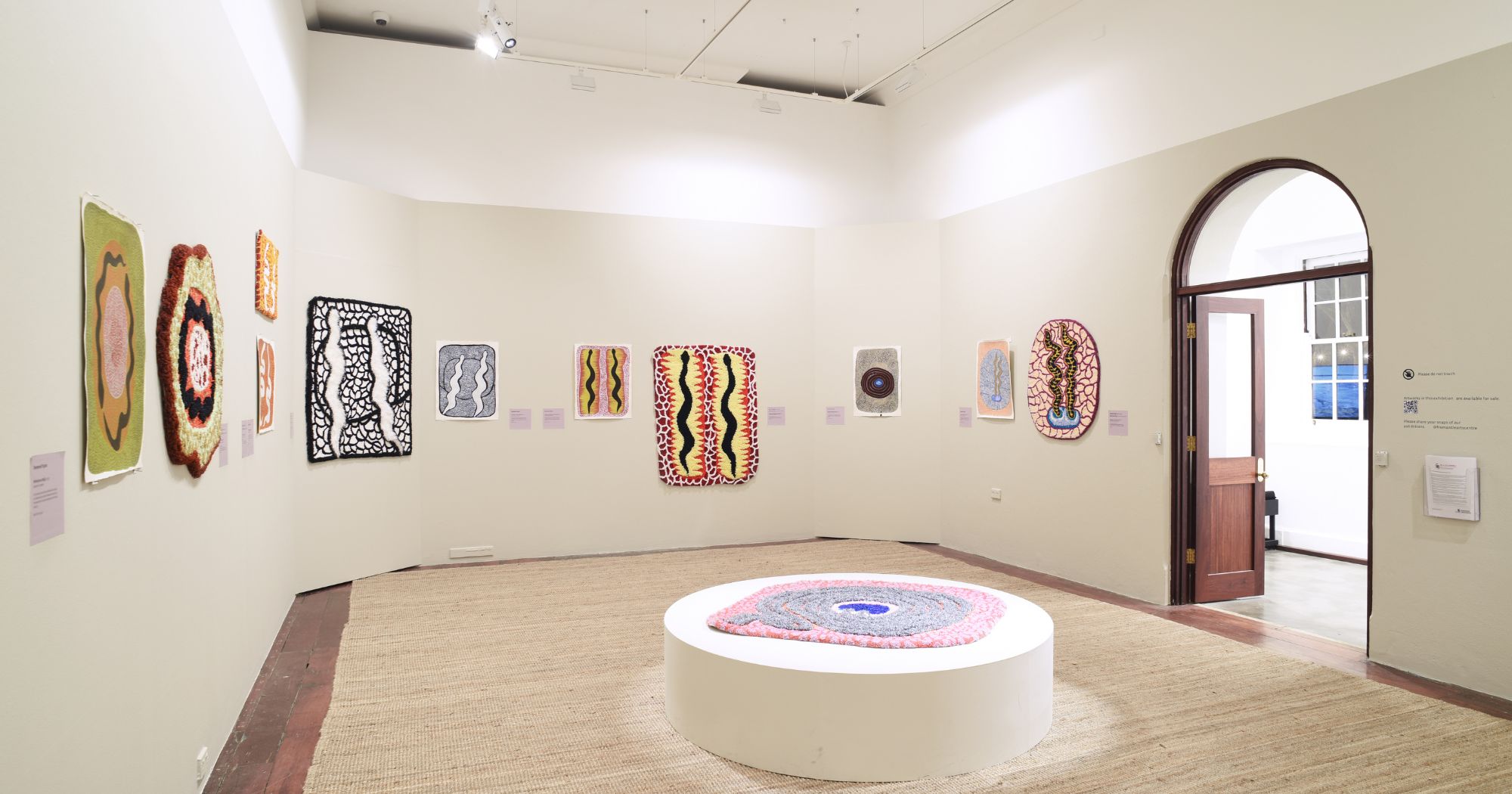From threatening to boycott Australian products and stop sending students to Australian universities to breaching diplomatic standards and leaking conversations had between the two nations’ officials – China is not happy, Larry.
Why? Because of the “politically-motivated” decision by Australia to back an international call for a thorough coronavirus review, or what China calls a “China-review”.
Communist State-backed media has called Australia out for “panda bashing” and being bullies, with Australian politicians replying that comments made were “emotional” and “hollow”.
So what’s the big deal? And where did it all start?
The call for a review into the start of the coronavirus has been on the boil for a week or so now, led by the US and joined by other countries including Australia.
While the World Health Organisation has said the virus most likely originated in a wet market in China, this had not yet been 100 percent confirmed, with rumours gathering momentum that COVID-19 was actually manufactured in a lab in Wuhan.
Despite Australian politicians trying to distance themselves from the kind of aggressive language of other leaders like Trump, and assure China the review was not targeted at them specifically, the Communist Party was nonplussed.
Over the weekend, China’s ambassador to Australia Cheng Jingye made some pretty explosive comments in the Australian Financial Review.
Mr Cheng hinted that Australia’s diplomatic push for an investigation into the start of the coronavirus would make Chinese tourists have “second thoughts” about coming, while parents would ask if “this is the best place to send their kids”.
“Maybe the ordinary people will say ‘Why should we drink Australian wine? Eat Australian beef?’,” he said.
The phone call
In response to the comments published in the national newspaper, the Secretary of Australia’s Department of Foreign Affairs and Trade Frances Adamson organised a phone call with Jingye on Monday.
But the problem was not the phone call itself, but what came after.
In total breach of diplomatic standards, where conversations are subject to a high degree of confidentiality, the Chinese Embassy put out a public statement about the phone call.
A spokesperson started even started the releasee with “I would like to highlight the content of their conversation as follows”.
“Secretary Adamson firstly congratulated on and spoke highly of Wuhan’s accomplishment that there is no longer any confirmed COVID-19 case, and appreciate the assistance rendered by the Chinese side on the purchase of medical supplies,” the spokesperson said.
“Secretary Adamson tried her best to defend Australia’s proposal about the indendenpten review, saying the propisal neither has political motive nor targets China.
“Ambassador Cheng elaborated clearly China’s relevant position, stressing that no matter what excuses the Australian side has made, the fact cannot be buried that the proposal is a political manoeuvre. Just as the western saying goes: ‘Cry up wine and sell vinegar’.”
Australian politicians respond
The threat of boycotting Australian products drew anger from Australian politicians.
Trade Minister Simon Birmingham said “The government has made our displeasure with those remarks known”.
Home Affairs Minister Peter Dutton said he hoped the Chinese ambassador “can reflect on the comments he has made”.
But Scott Morrison said all was well in the relationship.
“The thing about our relationship with China is it is a mutually beneficial one, it is a comprehensive strategic partnership, and we will continue to pursue that partnership, respecting China’s sovereignty, and their independence, and its success will continue to depend on that being returned,” he said.
Responding specifically to the threat to the university sector should Chinese students stop coming to study in Australia, Mr Morrison seemed to say the institutions should be reviewing the markets they relied so heavily on.
“They will look to their future, they will make decisions about their commercial arrangements, and to the markets that they will seek to focus on,” he said.
On the resources sector though, Mr Morrison expected little to change.
“The predominance of our trading relationship with China is obviously resources based, and I see no reason why that would alter in the future,” he said.
China remains on the offensive
Even after the displeasure of politicians, the Chinese Embassy remained stalwart, refusing to admit it had breached diplomatic protocol and said the report on the phone call between the Ambassador and Ms Adamson had appeared in the media first.
“The Embassy of China doesn’t play petty tricks, this is not our tradition,” the spokesperson said in a subsequent release.
“But if others do, we have to reciprocate.”
Meanwhile in State-backed media, Australia was called out for “panda bashing” while other comments went so far as to say Australia was like “gum” stuck to China’s shoe.
More coronavirus coverage on SoPerth.com.au:













